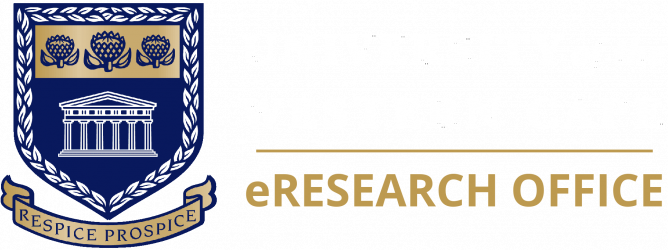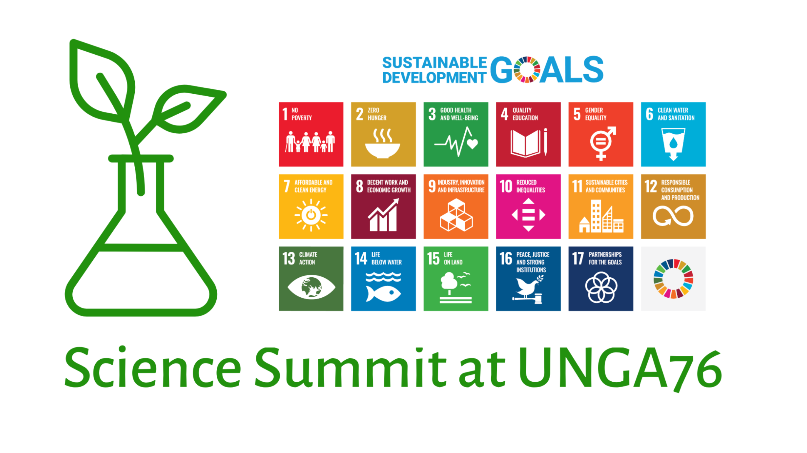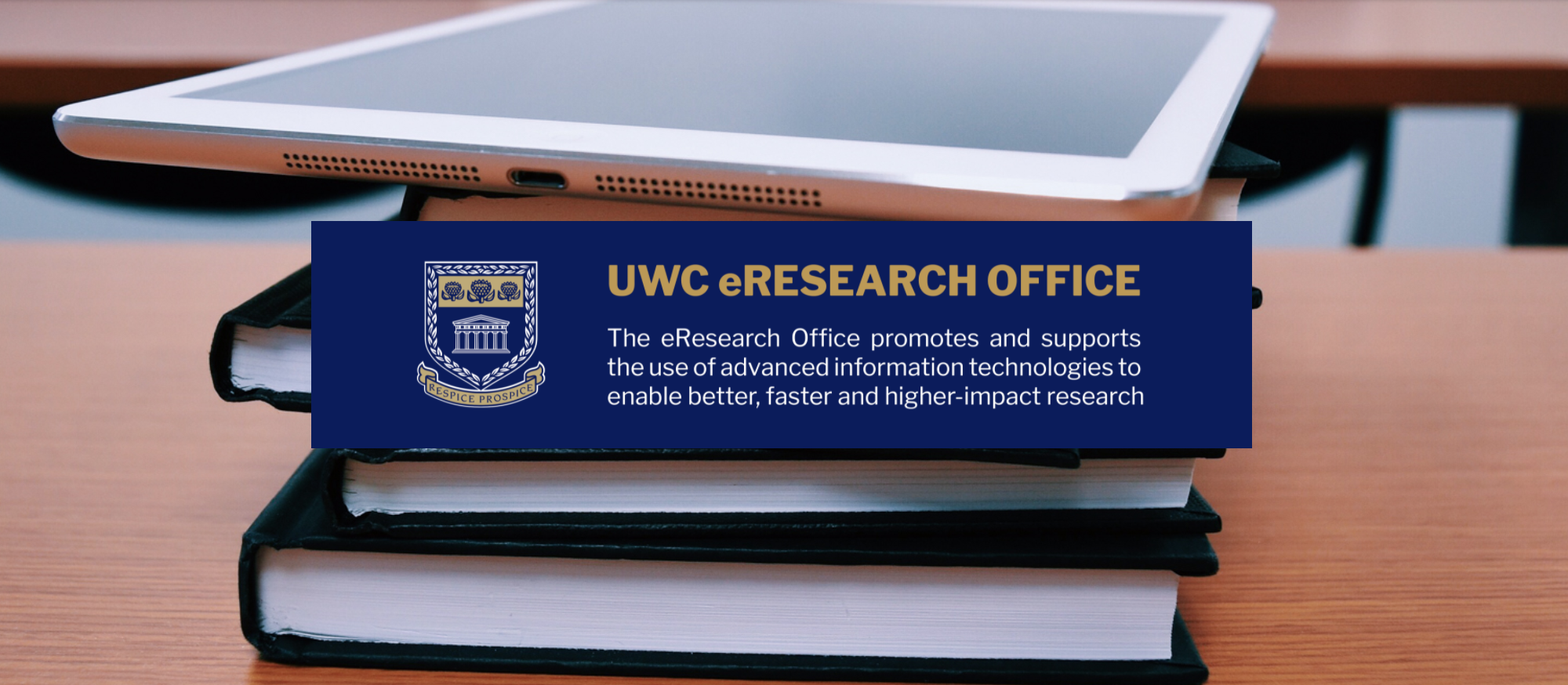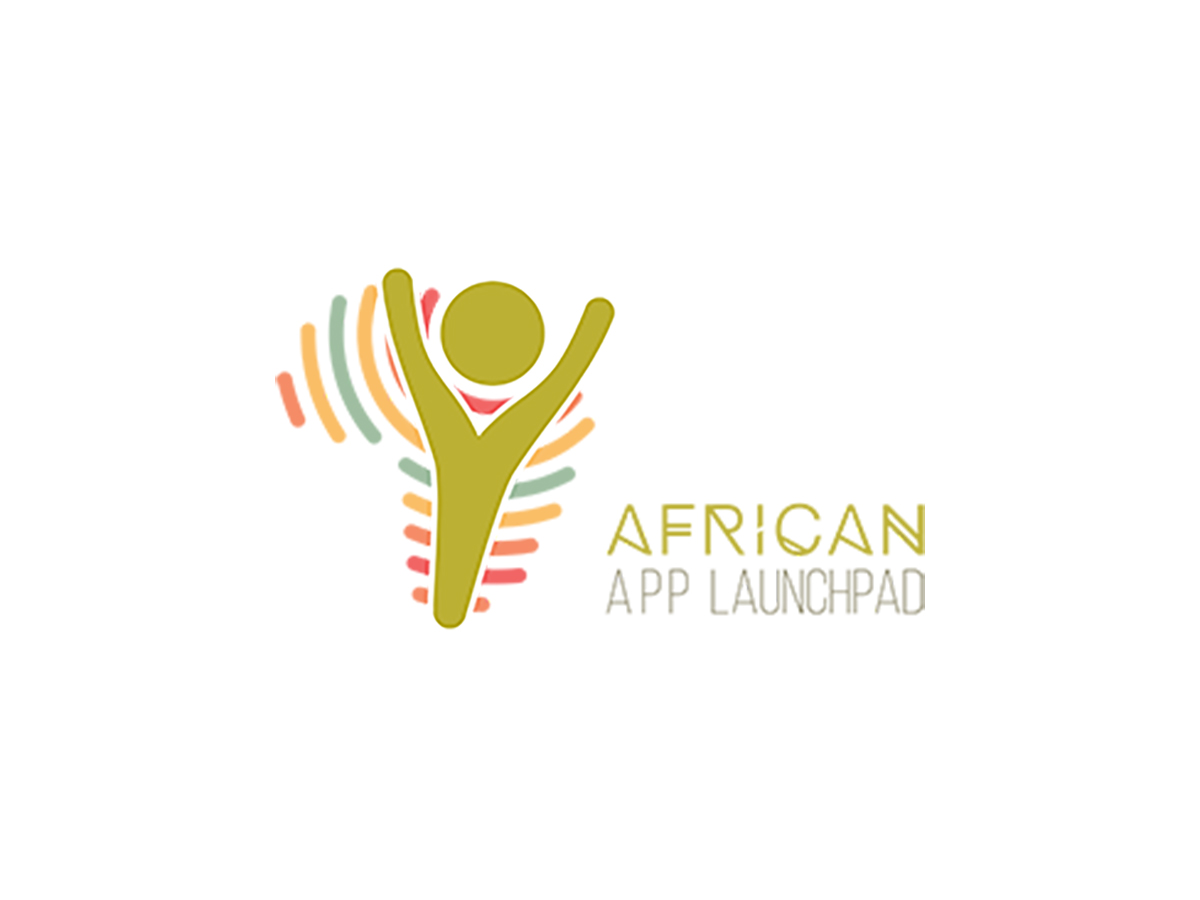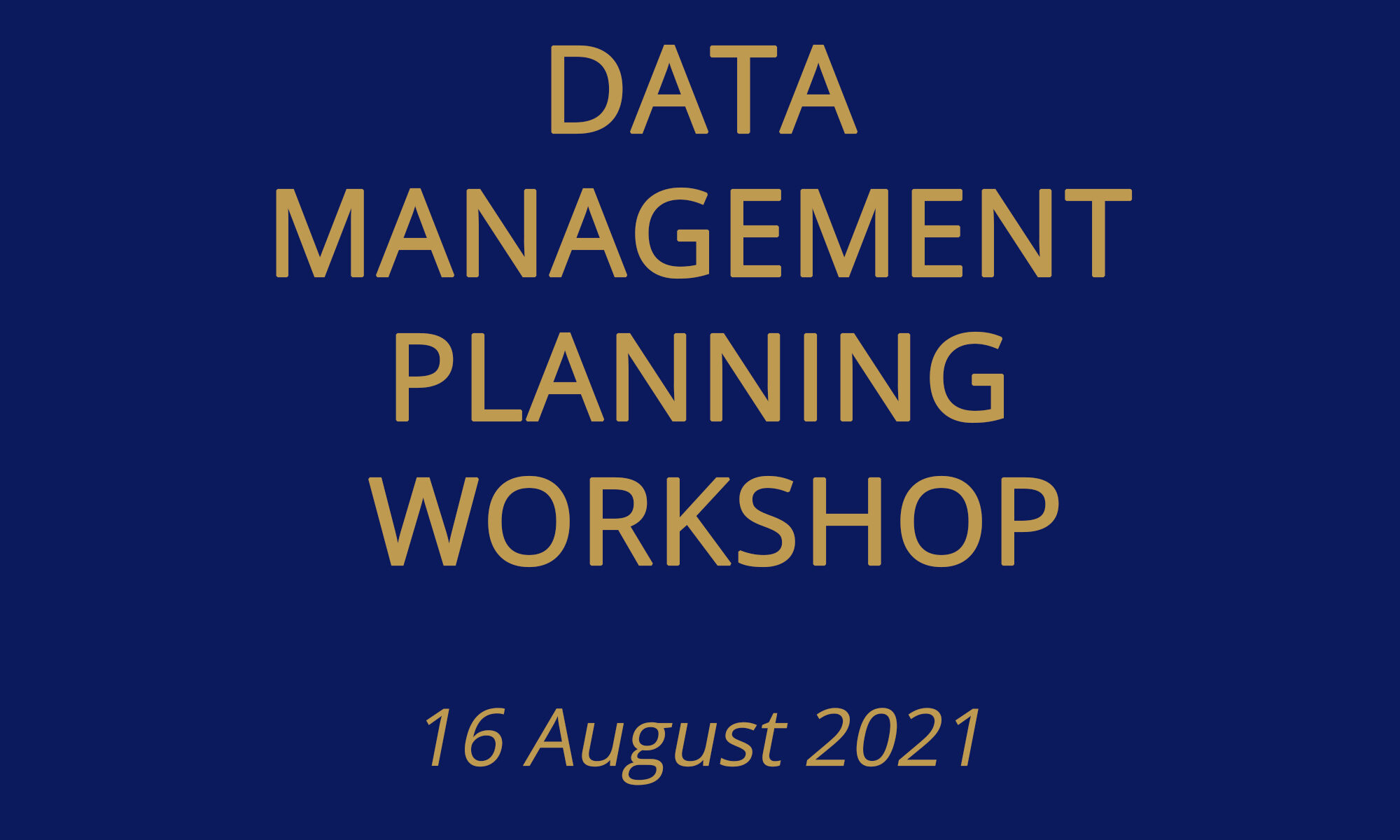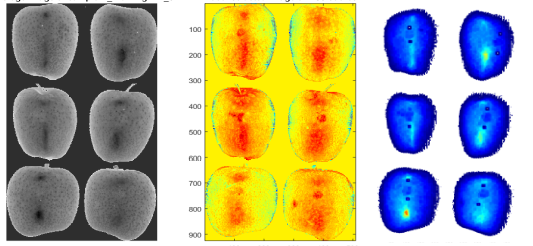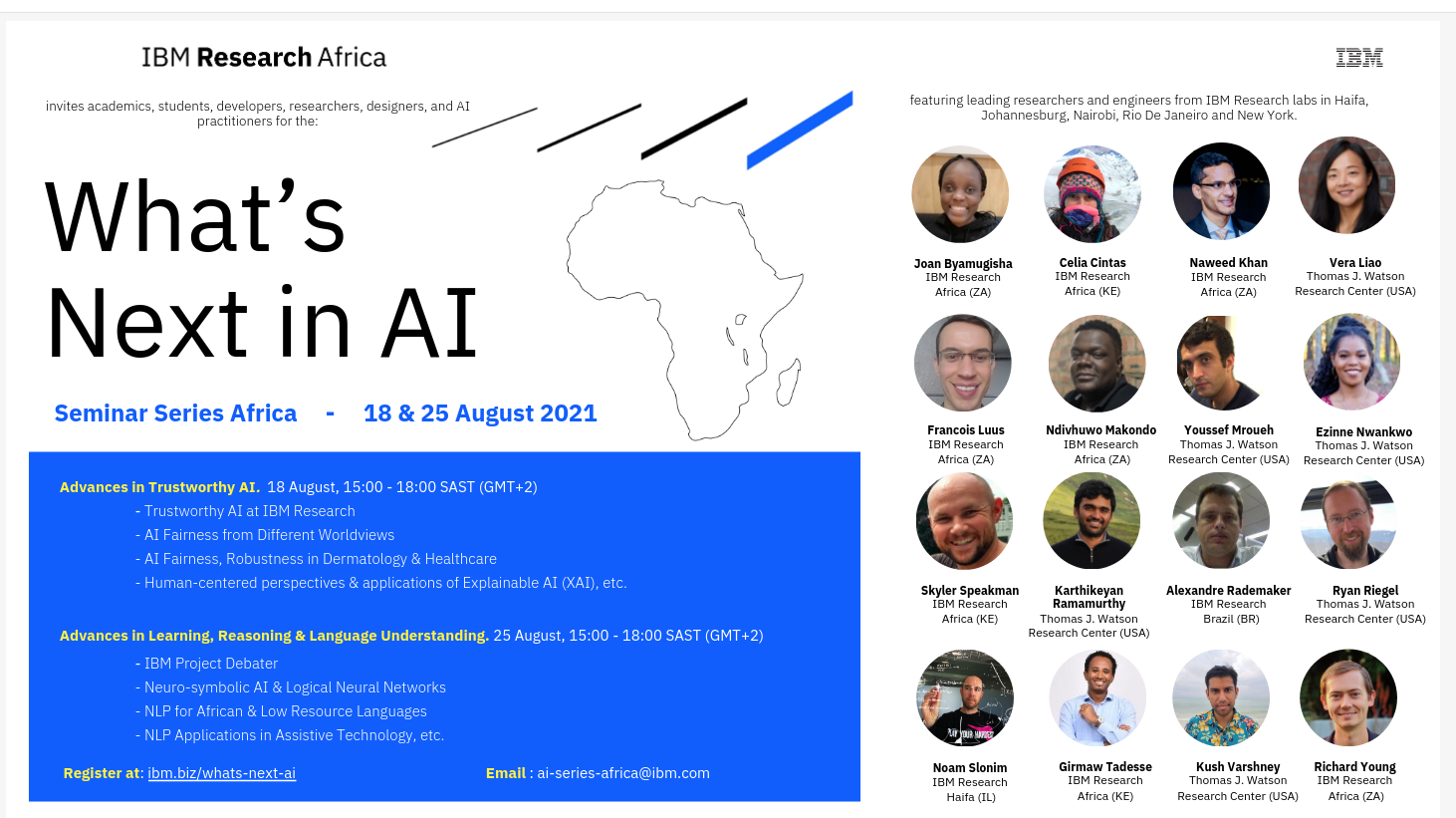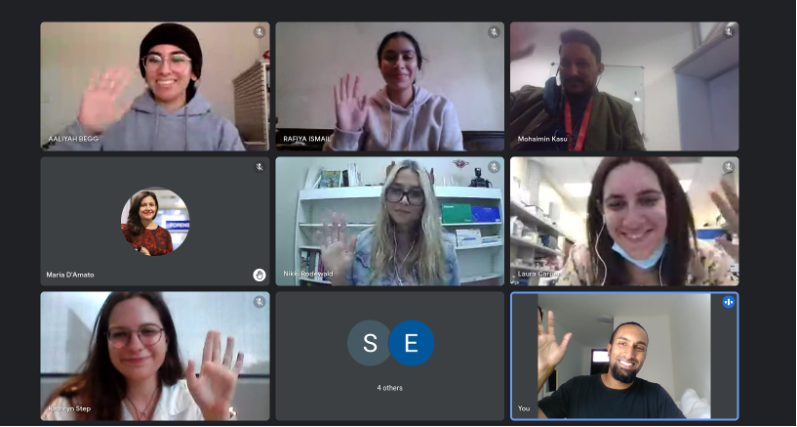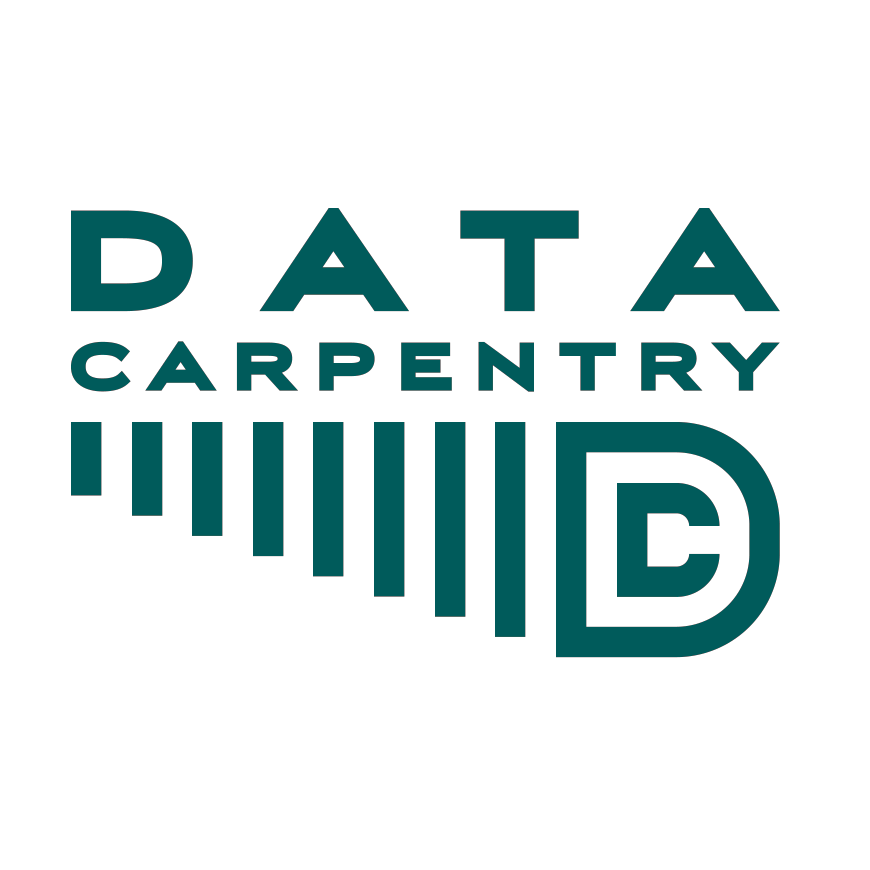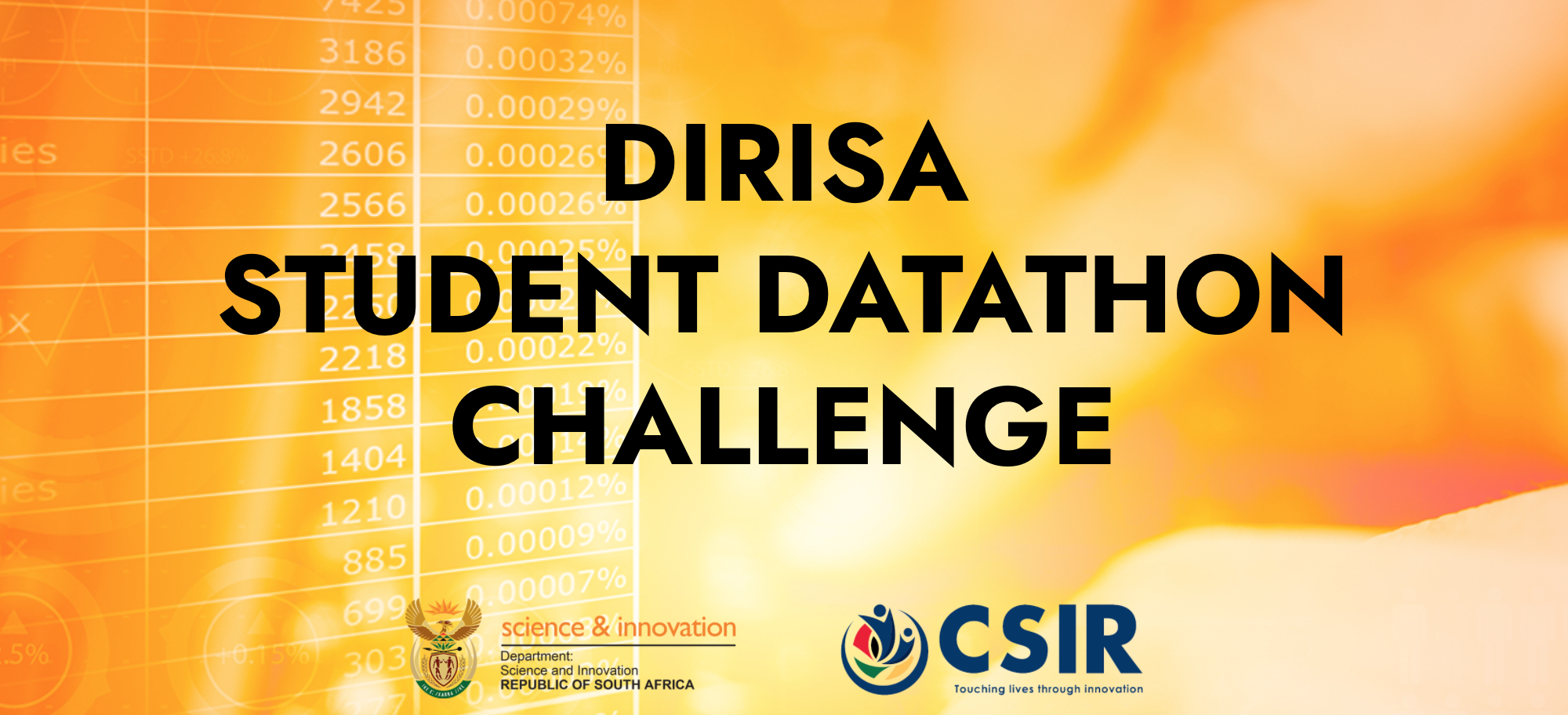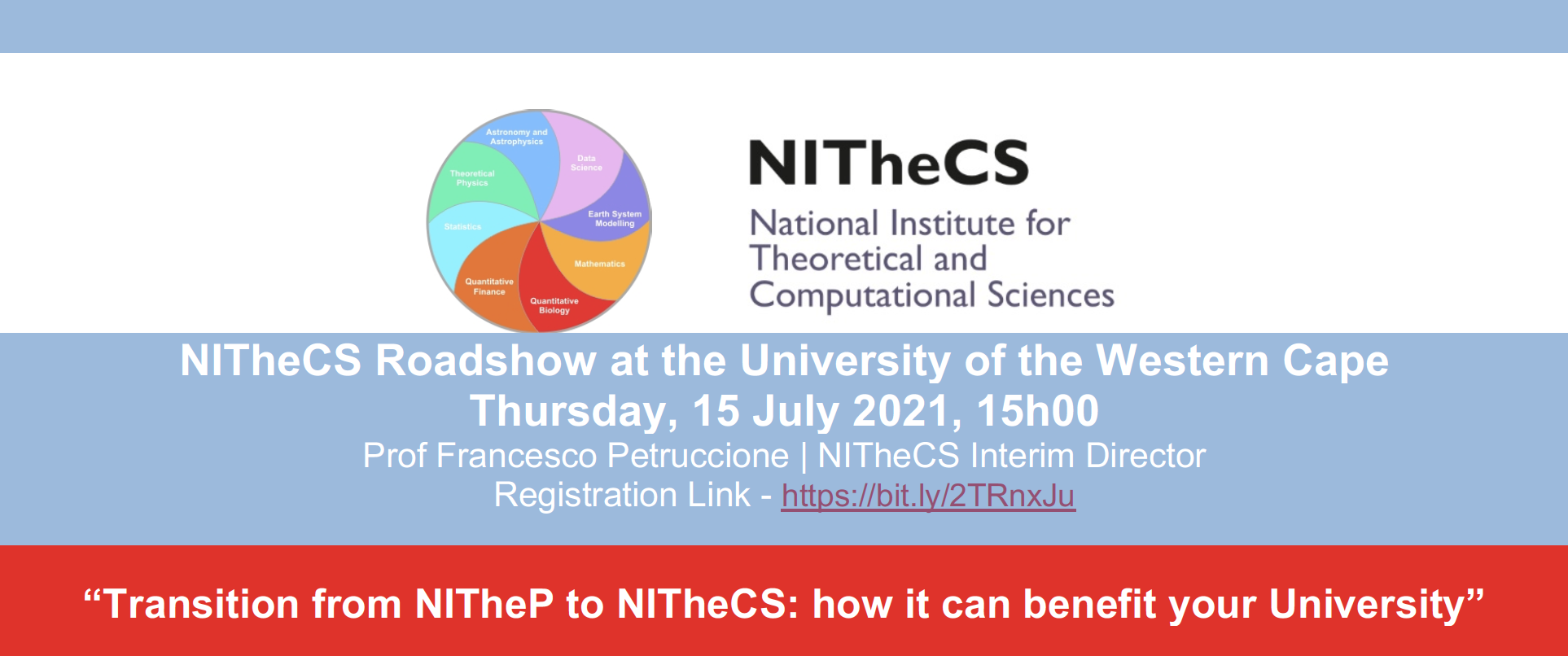ISC (Intelligence in Science), a Brussels-based advisory firm specialising in science, technology and R&D research and policy, will organise the second edition of the UNGA76 Science Summit around the 76th United Nations General Assembly (UNGA76) in New York in September 2021.
“Engagement with policy leadership is more important than ever: UNGA76 is a unique forum for science leadership to show how policy and political leadership can benefit from science and the scientific community. Central to this is the role of nonstate actors and the multilateral fora, which increasingly determine how priorities are set. Science needs to be part of this dialogue and at an earlier stage and inform outputs through thought leadership, evidence, insights, analysis, and innovation.We can only tackle the greatest challenges that we face and will face over coming decades – such as climate change, pandemics and biodiversity loss – through transparent, open and agile research collaboration. We must bring the widest possible range of resources, expertise and perspectives to bear on solutions which will benefit people across the globe.”
The virtual meeting aims to raise awareness of the role and contribution of science to the attainment of the United Nation’s Sustainable Development Goals (SDGs). It will demonstrate initiatives that provide models for global science mechanisms and activities supporting the SDGs, particularly in science infrastructure and capacity building. Science is more than a funding prioritisation exercise: it can improve all policy-making areas and play a more critical role in achieving policy objectives and the benefits to people everywhere, including responses to global challenges.
The Draft Programme is available here.
For more information, contact Declan Kirrane (declan.kirrane@iscintelligence.com)
